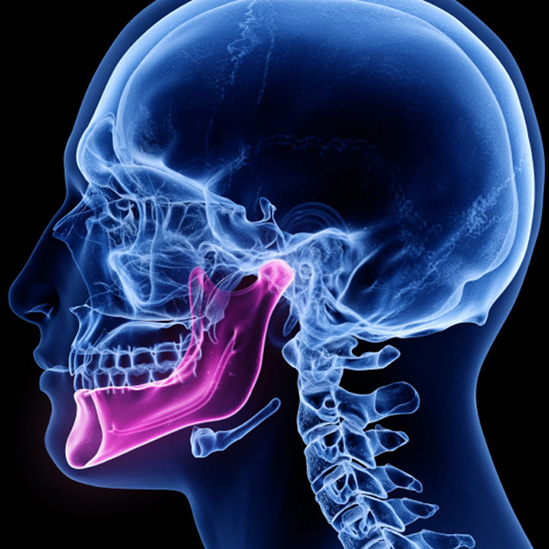TMJ

TMJ stands for temporomandibular joint, which is the joint that connects the jawbone to the skull. The TMJ plays an important role in oral function, allowing us to open and close our mouths, chew, speak, and perform other essential tasks. TMJ disorders (TMD) refer to a group of conditions that affect the function of the temporomandibular joint, causing pain, discomfort, and difficulty with oral function. Common symptoms of TMJ disorders include jaw pain or tenderness, difficulty opening or closing the mouth, clicking or popping sounds when moving the jaw, and headaches or earaches. TMJ disorders can be caused by a variety of factors, such as injury or trauma to the jaw, arthritis, stress, teeth grinding or clenching, or misalignment of the teeth or jaw. Treatment for TMJ disorders may include pain management, lifestyle changes, physical therapy, or in more severe cases, surgery.